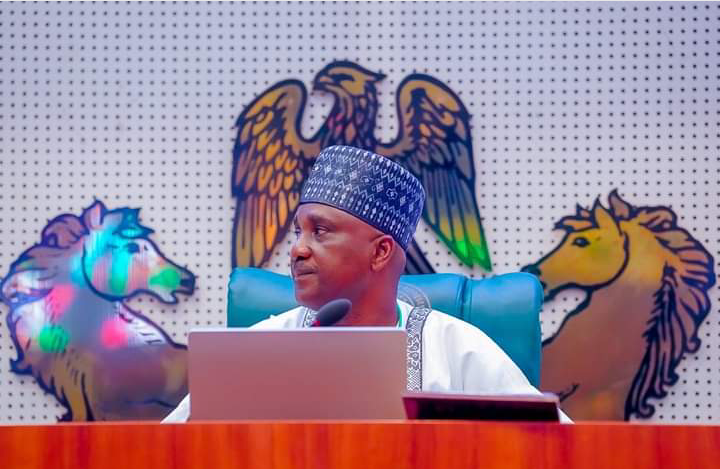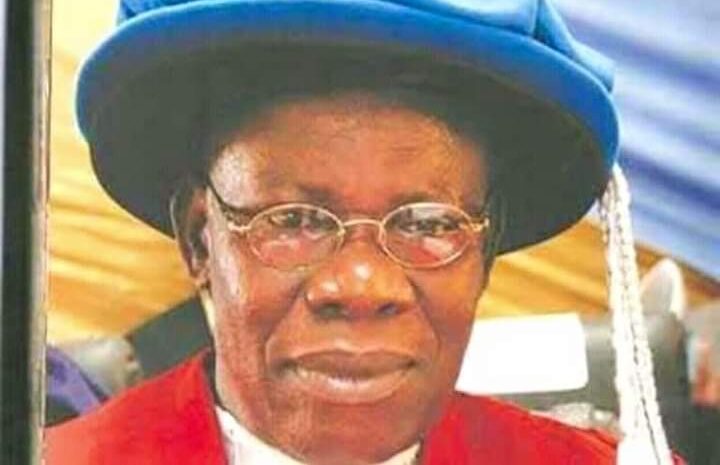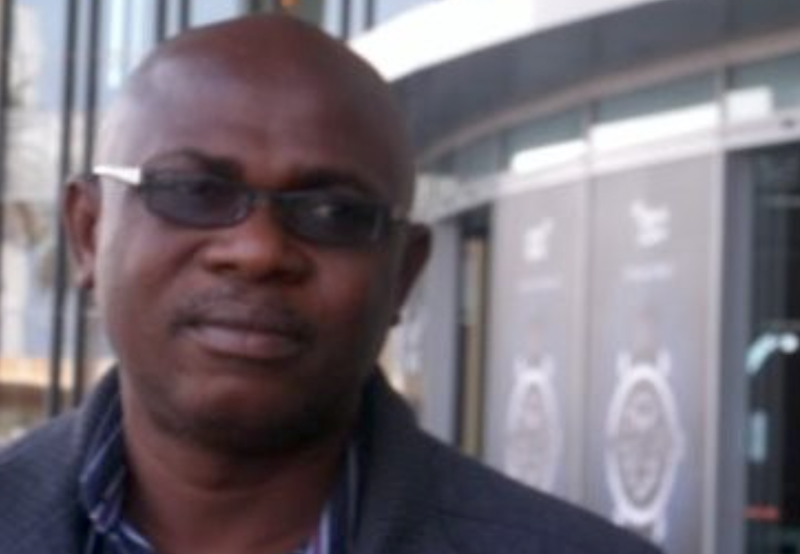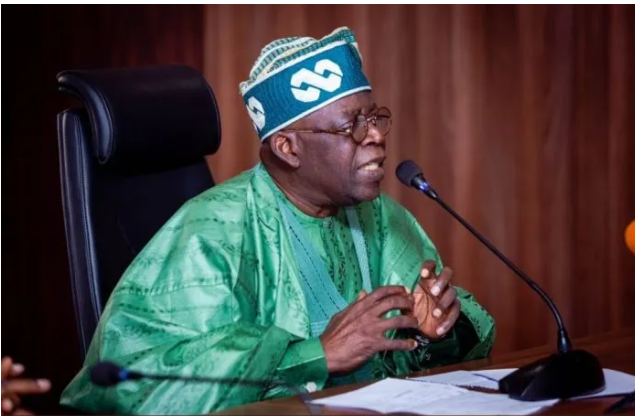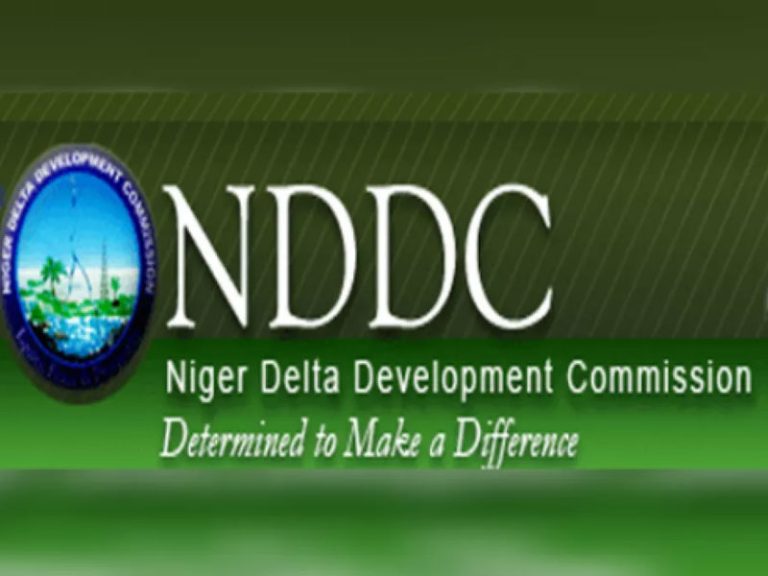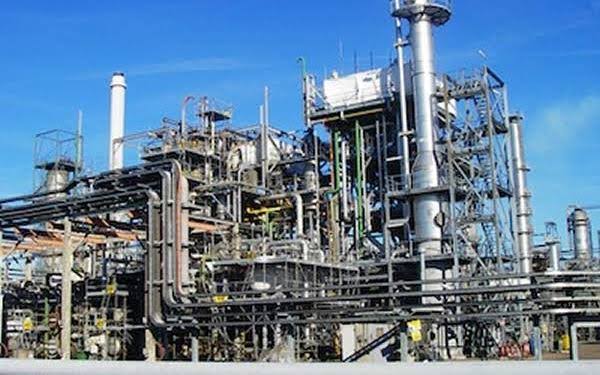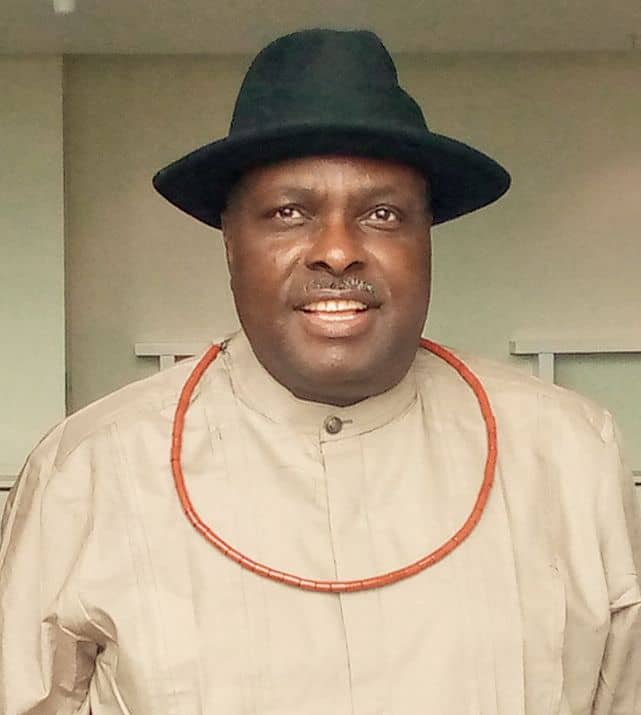By Ikeddy Isiguzo
PRESIDENT Bola Ahmed Tinubu cherishes opportunities to maximise his minimalistion of some parts of Nigeria. In tweaking his cabinet, he extended his disdain for the South East to the oil producing Niger Delta.
He knows what he did. Scrapping the Ministry of Niger Delta Affairs could not have been to reduce “cost of governance” when in the same breath he set up a Ministry of Liverstock Development, and employed seven new Ministers in place of five he sacked.
The President is not averse to displeasing the oil-producing areas whose environment is devastated while oiling the wheels of Nigeria’s economy. Is the President concerned only about certain parts of Nigeria or so obsessed with showing off his acclaimed political deftness that he ignores economic sagacity? What about political economy?
Liverstock Development should not be more than a directorate in the Ministry of Agriculture. If Liverstock Development is a pivot for Tinubu’s second term ambitions, must it be at the expense of the Niger Delta whose resources would fund the existence of the new Ministry?
If both Ministries exist, would they dent Tinubu’s fame for wastes?
Tinubu is intentional in running Nigeria as North East, North West, and South West. He ignores North Central but he is not interested in provoking the people as is the case with the South East and South South.
His selective sidelining of both regional groupings is the newest confirmation of his disdain for those areas. It is not as if there were doubts about the President’s disinterest in both regions.
History is on the side of the Niger Delta whose importance – fears of neglect of its fragile environments – had been recognised in official documents before Nigeria’s independence through the proclamation of the Niger Delta Development Board in 1959. The interests in protecting the oil-producing areas implicated the Eastern Region, Mid-Western Region, and were enrolled in the 1963 federal Constitution.
Tinubu ignored this, cast aside his oath of office which asks him to be fair in dealing with all parts of Nigeria, discarded bridges he claimed to have built across Nigeria, to hatch his plan that he expects to rein in voices that call the President’s attention to injustices that include environmental degradation and theft of official rights of the regions to life, fuller participation of their people in the governance of Nigeria, and the continued militarisation of the regions.
The summary of the duties of the 1959 Niger Delta Development Board was to assess the impact of oil and gas production in the Niger Delta, and install measures for mitigating them, to keep accurate records of oil production so that communities that are affected by the disruptions of oil can be compensated through special financial allocations, development programmes, and employment opportunities.
With the low level of oil production, the Civil War, the splitting of Eastern Region into three States, and the abolition of the 1963 Constitution with the coup, the life of the Niger Delta Development Board was not renewed in 1969, as the Constitution had stated. The national crisis had stalled the work of the Board from 1966.
On 9 July 1992, General Ibrahim Babangida signed the Oil Mineral Producing Areas Development Commission, OMPADEC, Decree, into law. It was the next effort to address the Niger Delta since 1959. OMPADEC comprised Rivers, Delta, Akwa Ibom, Imo, Edo, Ondo and Abia States. Bayelsa State was created four years after.
OMPADEC was a more appropriate name as more communities outside the immediate Niger Delta had started producing oil. General Babangida’s OMPADEC drew from Section 159 of the 1963 Constitution of the Federal Republic of Nigeria, “(1) There shall be a board for the Niger Delta which shall be styled the Niger Delta Development Board. (2) The members of the Board shall be – (a) a person appointed by the President, who shall be chairman (b) a person appointed by the Governor of Eastern Nigeria; (c) a person appointed by the Governor of Mid-Western Nigeria; and such other persons may be appointed in such manner as may be prescribed by Parliament to represent the inhabitants of the Niger Delta”.
Babangida intended OMPADEC to be an intervention agency, development agency for oil producing areas. President Olusegun Obasanjo changed OMPADEC to the Niger Delta Development Commission, NDDC.
President Umaru Musa Yar’Adua set up the Presidential Amnesty Programme and created the Ministry of Niger Delta Affairs on 8 September 2008 and tasked it with infrastructural and human resources development of the area for which he appointed a Minister and a Minister of State charged specifically with Youth Empowerment.
Yar’Adua’s understanding was that the region required more attention. Government had to provide the financial and political muscles to do that. These Yar’Adua moves quietened the restiveness and criminalities in the region.
Tinubu, 16 years on, wants to enact confusion in place of these arrangements that help in managing the volatile region, though successive governments through poor funding, corruption, and neglect have seen to non-development of the region.
Anyone who has read Tinubu’s manifesto would be affronted by his futile efforts to garb the All Progressives Congress, APC, in a new attire. Apart from the unanswered questions of how he would implement the manifesto – politicians don’t find those details interesting – Tinubu the great party leader lifted, APC’s manifesto in places and lessened the 2015 promises.
An example, “l will establish NEW industrial growth centres by creating six NEW Regional Economic Development Agencies, REDAs. These agencies will create sub-regional industrial hubs to exploit each zone’s competitive advantage and optimise their potential”.
In 2015, APC had promised to:
.Balance the economy across regions by the creation of 6 new Regional Economic Development Agencies (REDAs) to act as champions of sub-regional competitiveness;
.Put in place a N300bn regional growth fund (average of N50bn in each geo-political region) to be managed by the REDAs.
Tinubu gingerly left out the N50 billion funding of the REDAs of 2015 and avoided any mention of funding. He should be held to his words.
His promise of “6 NEW Regional Economic Development Agencies (REDAs)” means that he has to establish the REDAs for North Central, and South South. Buhari established the North East Economic Commission which has been operating since 2017. North West, South West, and South East have theirs at different stages of take off.
If Tinubu is not halted in his strides, he would count NDDC as the Commission for South South, ignoring the facts that NDDC has three States that are not from the South South zone, and that NDDC is a special intervention agency to deal with issues that are specific to the area.
Tinubu cares enough for cattle, sheep, pigs, goats to create a Ministry for them. The least he can do for the human beings in the Niger Delta is to leave the Ministry of Niger Delta Affairs.
Only in June, Senator Adamu Aliero, Kebbi Central, former Governor of Kebbi State, in an argument to shut down an anti-grazing bills had said that animals were citizens of Nigeria and therefore had the same citizenship rights as us. An aghast Senate President Dr. Godswill Akpabio over-ruled him several times.
Akpabio will soon be approving a supplementary budget for animals even if it is not for their rights, the money for funding animals affairs and their indulgers would be at the expense of the same Niger Delta that cannot qualify for a Ministry to manage its affairs.
Finally…
THOSE awaiting the advertised fight between FCT Minister Nyesom Wike and beggars on the streets of Abuja should grab a copy of Aminata Sow Fall’s 1979 novel, Beggars Strike, rendered in French as La Grève des bàttu. In summary, beggars deserted the streets of Dakar to deny political office-seekers – who they blame for their plight – a chance to give alms which could make the Almighty look more favourably at their supplications.
DOES Minister of Works, Engineer David Umahi believe his own tale that the Badagry-Sokoto Expressway was conceived 47 years ago and nobody did anything about it? He is wrong about nobody doing anything about it. President Aliyu Usman Shehu Shagari awarded the contract to the French company Fougerolle. It included an Apapa’s ports ring road, to empty the trailers that now clog Lagos, at Okokomaiko from where they were to join the expressway which as designed then had spurs to Shaki in Oyo State, and other places. Another person that did something about the road was Maj-Gen Muhammadu Buhari, who in 1984 after over-throwing Shagari, cancelled the contract and jailed a top Fougerolle official. Umahi should not deny people credit for their contributions to building Nigeria.
ISIGUZO is a major commentator on minor issues
